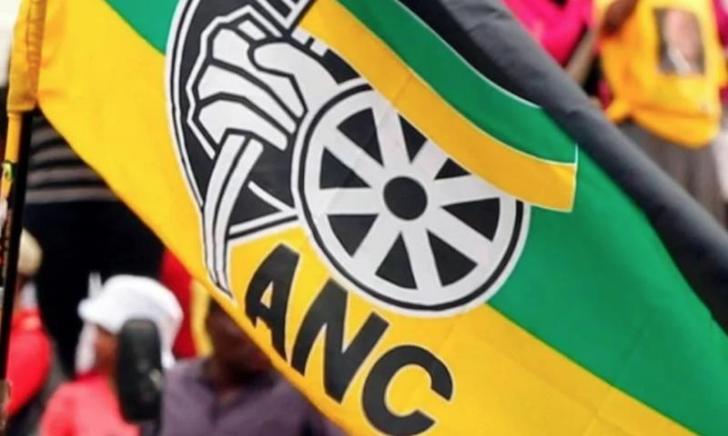Opinion / Columnist
How ANC can use election disappointment to bounce back
08 Jun 2024 at 11:55hrs |
0 Views

In the wake of the 2024 South African elections, the African National Congress (ANC) faces a challenge similar to Zanu-PF's experience in Zimbabwe following the 2008 elections.
The ANC has lost its parliamentary majority, presenting a critical moment for reflection and potential reinvention.
Zanu-PF's recovery after 2008 offers a valuable case study. Despite losing its majority, Zanu-PF regained power in the 2013 elections through strategic reassessment, reconnecting with its base, and implementing black empowerment efforts. This included intensive campaigning and a shift towards appealing to independent voters.
The ANC could adopt similar strategies by analyzing election results to understand the decline in support, revitalizing grassroots structures, and aligning policies with current needs, especially focusing on land reform and economic empowerment for the black majority.
Zanu-PF's grassroots mobilization and strategic alliances during the Government of National Unity (GNU) period between 2009 and 2013 helped reassert its influence. The ANC might also consider forming coalitions with parties like the Economic Freedom Fighters (EFF) and uMkhonto weSizwe (MK) that share its vision on land reform. However, an alliance with the Democratic Alliance (DA) may be challenging due to differing core principles.
For the ANC to stage a political comeback, it must adapt to changing dynamics, embrace necessary changes in policy and structure, and maintain unity and a clear vision. By learning from Zanu-PF's multifaceted strategies, the ANC could potentially reclaim its position as South Africa's leading political force in future elections.
The ANC has lost its parliamentary majority, presenting a critical moment for reflection and potential reinvention.
Zanu-PF's recovery after 2008 offers a valuable case study. Despite losing its majority, Zanu-PF regained power in the 2013 elections through strategic reassessment, reconnecting with its base, and implementing black empowerment efforts. This included intensive campaigning and a shift towards appealing to independent voters.
Zanu-PF's grassroots mobilization and strategic alliances during the Government of National Unity (GNU) period between 2009 and 2013 helped reassert its influence. The ANC might also consider forming coalitions with parties like the Economic Freedom Fighters (EFF) and uMkhonto weSizwe (MK) that share its vision on land reform. However, an alliance with the Democratic Alliance (DA) may be challenging due to differing core principles.
For the ANC to stage a political comeback, it must adapt to changing dynamics, embrace necessary changes in policy and structure, and maintain unity and a clear vision. By learning from Zanu-PF's multifaceted strategies, the ANC could potentially reclaim its position as South Africa's leading political force in future elections.
Source - The Herald
All articles and letters published on Bulawayo24 have been independently written by members of Bulawayo24's community. The views of users published on Bulawayo24 are therefore their own and do not necessarily represent the views of Bulawayo24. Bulawayo24 editors also reserve the right to edit or delete any and all comments received.
Join the discussion
Loading comments…




































